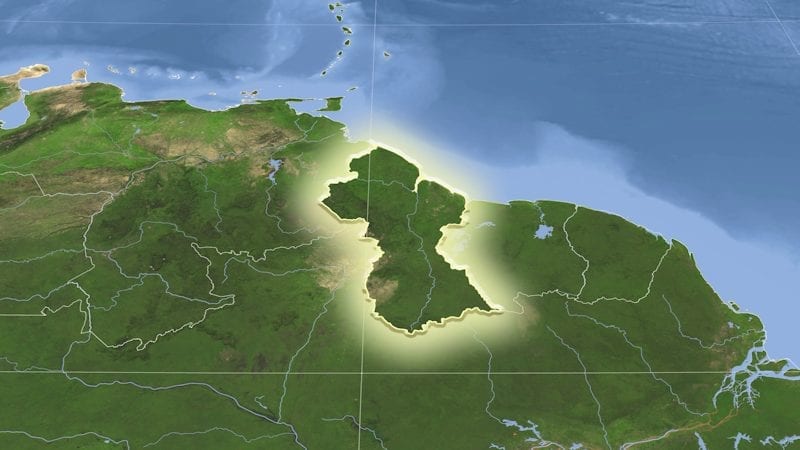By Bobby Gossai, Jr. – Economist
The expected high growth rate of the Guyanese economy will be reduced by several factors outside of the limits of the coronavirus. Guyana had an expected exponential growth from 2020 to 2028 which would have been driven primarily by both the direct and indirect positive effects of the burgeoning oil and gas sector. However, because of the political instability and declining levels of economic confidence, the economy will experience a series of shock and multiplier effects from these two negative factors.
The recently published Rystad Energy study on the impact of the delays on the Net Present Value (NPV) to the Guyanese economy is just one aspect of what we will lose over the next 6 to 18 months.
The expected project’s development for the Payara, Hammerhead and Pacora oil fields will also see less cash flow into the local economy. This will be compounded by the loss of the expected government take (royalties and profit share) from these projects.
Whilst the expected level of both discounted and undiscounted government take for these projects ranges between 28% to 40%, ensuing political gridlock will also negatively impact the investors’ confidence in Guyana. Those three projects which are all expected to come into operation between 2023 and 2026 will also have an impact on the Internal Rate of Return (IRR) to the investors, which may be reduced as oil price continue to be volatile and capital rationing to other geographic location becomes more economically viable.
Moreover, the fiscally worthwhile Stabroek block can also face pressures to reduce the rate of development in an economically unstable environment from factors such as the level of development expenditures, growing operating costs, and the type and magnitude of resources that are in the ground.
In a globally recessionary economic situation and the political instability that Guyana is facing, allocation of financial resources for these oil field developments could also provide the avenue for the investors to leave the resources in the ground until these issues are resolved.
The operators and investors in Guyana’s offshore block will want to ensure that there is a strong macroeconomic environment and effective investment policies and regulations that are in place to protect the growth and development of the hydrocarbons sectors. Therefore, these political and economic instabilities that we are facing could cause investors to view Guyana as a riskier investment destination.
Such a negative economic outlook for an emerging economy will take about two periods of persistent economic growth for the local economy to regain the confidence of investors.




